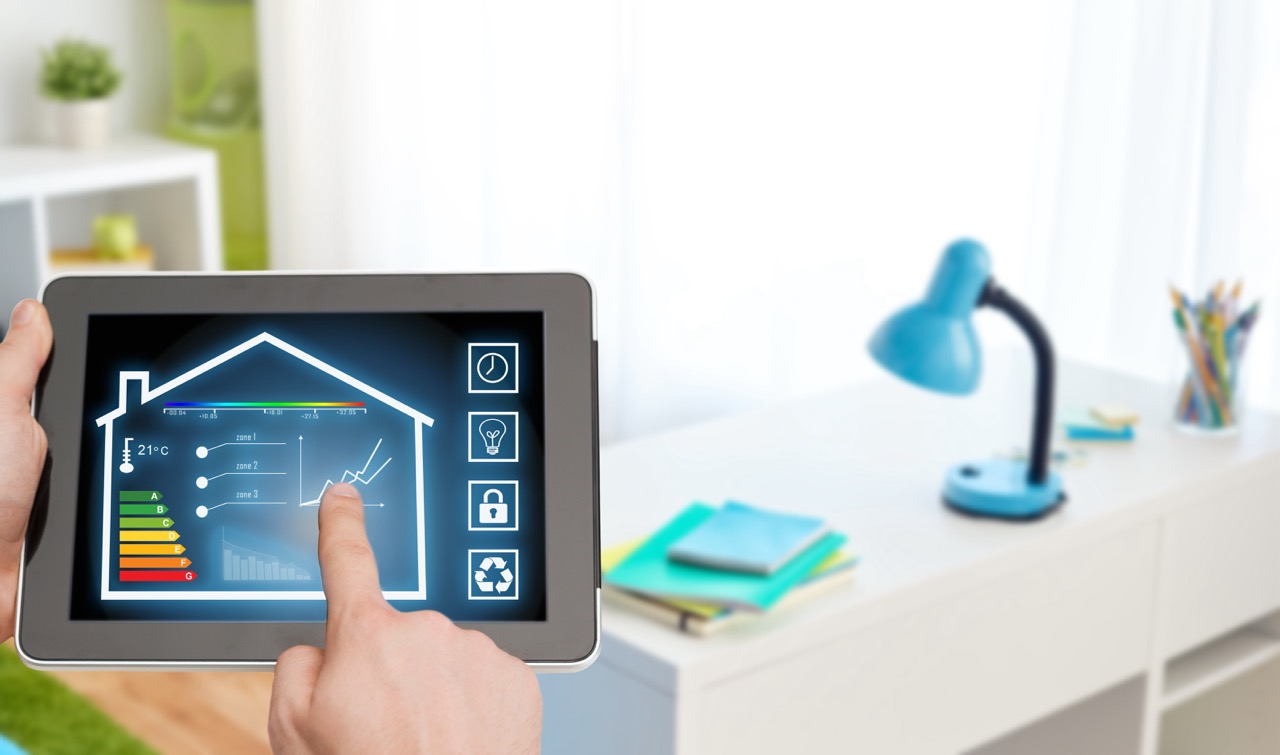As technology continues to evolve, autonomous devices have become a staple in modern households. From smart speakers that manage your schedule to refrigerators that track your groceries, these innovations promise to enhance convenience and efficiency. However, the increasing reliance on autonomous technology also brings forth a range of ethical challenges that require careful consideration. This article explores the implications of living with smart devices, focusing on the impact on daily life, privacy concerns, accountability, and the balance between convenience and ethical responsibility.
Understanding the Impact of Autonomous Tech on Daily Life
Autonomous technology has transformed how we interact with our homes. Smart home systems allow users to control lighting, heating, and security features through voice commands or smartphone apps. This level of integration not only makes daily tasks more convenient but can also lead to increased energy efficiency, potentially reducing utility bills. For instance, smart thermostats learn your schedule and adjust temperatures accordingly, ensuring comfort while minimizing waste.
However, the convenience of these technologies often comes at a cost. As users become more dependent on these devices, they may inadvertently lose basic skills, such as manual temperature adjustments or even remembering grocery lists. Moreover, reliance on technology raises questions about how much control we are willing to relinquish to machines. The idea of autonomy may start to blur as we find ourselves relying on algorithms to make decisions that were once entirely personal.
Finally, as we integrate more autonomous devices into our lives, we must also consider the broader societal impacts. The rise of smart technology can widen the digital divide, leaving those without access to such devices at a disadvantage. Consequently, while autonomous technology can improve efficiency and enhance our lifestyles, it is crucial to remain aware of its broader implications on personal skills and societal equity.
Privacy Concerns: How Smart Devices Collect Personal Data
One of the most pressing ethical challenges of living with autonomous technology is the issue of privacy. Many smart devices are designed to collect data to enhance user experience, but this collection often comes with significant privacy risks. For instance, smart speakers and cameras continuously listen for commands, raising concerns about whether they inadvertently record private conversations. Users may unknowingly consent to data collection practices that compromise their privacy.
The data collected by smart devices can also be sold to third parties, leading to targeted advertising and potential misuse of personal information. For example, a smart refrigerator that tracks your food consumption could share this data with food brands, who then market their products directly to you. This creates a scenario where personal habits and preferences are not only monitored but also commodified, prompting questions about consent and ownership of personal data.
To navigate these privacy challenges, users must be proactive in understanding their devices’ privacy policies and settings. Many manufacturers provide options to limit data collection, but these settings are often buried within complicated menus. Thus, it’s crucial for consumers to educate themselves about the implications of their smart devices and take steps to protect their privacy while still enjoying the conveniences these technologies offer.
The Role of Accountability in Autonomous Technology Use
With the rise of autonomous technology comes the question of accountability. When a smart device malfunctions or makes an error—like a robot vacuum that damages furniture or a smart oven that burns food—who is responsible? As users delegate more tasks to machines, determining accountability becomes increasingly complex. Companies often include disclaimers and limitations in their terms of service, but this doesn’t alleviate the confusion for end-users.
Moreover, the ethical implications of accountability extend beyond individual incidents. For example, autonomous vehicles are designed to make split-second decisions, but how do we assign moral responsibility if an accident occurs? The dilemma of programming ethical decision-making into machines raises profound questions about the values we want our technology to embody. As society moves toward greater reliance on these devices, establishing clear accountability frameworks becomes essential to ensure that users can trust the technology they use.
Ultimately, fostering a culture of accountability in autonomous technology requires collaboration between manufacturers, policymakers, and consumers. Transparent communication about how devices function, potential risks, and user responsibilities can help create a more informed public. As consumers become more aware of the implications of their choices, they can advocate for safer, more accountable technologies that align with their ethical values.
Balancing Convenience and Ethical Responsibility at Home
Living with autonomous technology presents a unique challenge: how to balance the convenience it offers with ethical responsibilities. While smart devices can streamline daily routines, users must remain vigilant about the potential pitfalls associated with their use. It’s essential to evaluate whether the convenience gained is worth the trade-offs in privacy, security, and personal agency.
One effective approach to maintaining this balance is to adopt a conscious consumption mindset. Before integrating new technology into your home, consider its implications. Ask yourself questions such as: What data will this device collect? How will it be used? Are there privacy settings I can adjust? By being mindful of these factors, users can make informed decisions that align with their values.
Additionally, fostering an open dialogue about the ethical implications of technology can lead to greater awareness and accountability. Sharing experiences and discussing concerns with family and friends can help everyone navigate the complexities of living with autonomous devices more effectively. In doing so, we not only enhance our own understanding but also contribute to a more ethically responsible approach to technology in our communities.
Navigating the ethical challenges of living with autonomous technology is essential for maximizing its benefits while minimizing potential risks. By understanding the impact on daily life, addressing privacy concerns, clarifying accountability, and balancing convenience with ethical responsibility, users can make informed choices that enhance their lives without compromising their values. As we embrace the future of smart technology, a thoughtful approach will ensure that we harness its potential for positive change while safeguarding our ethical principles.










